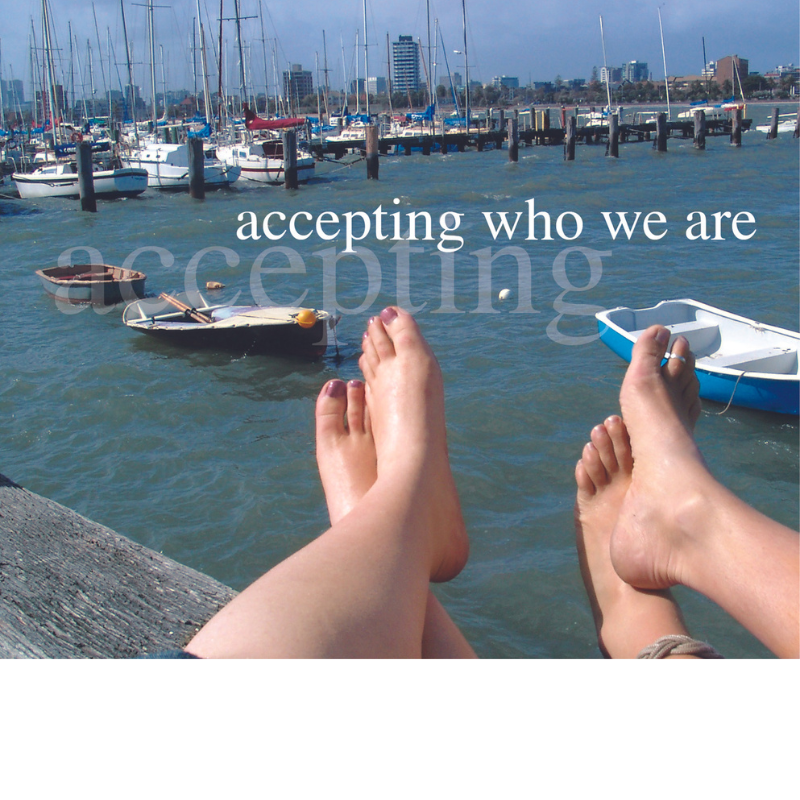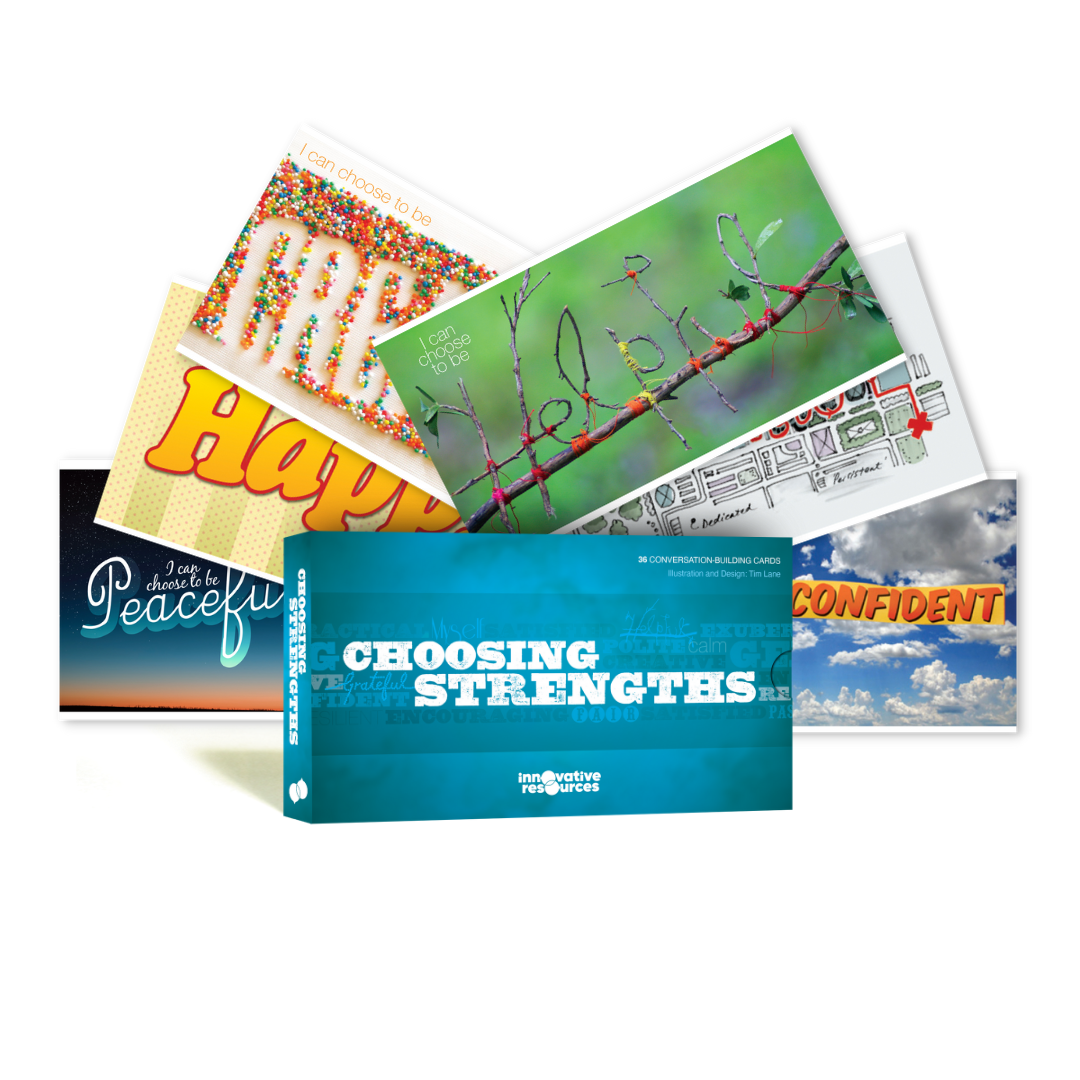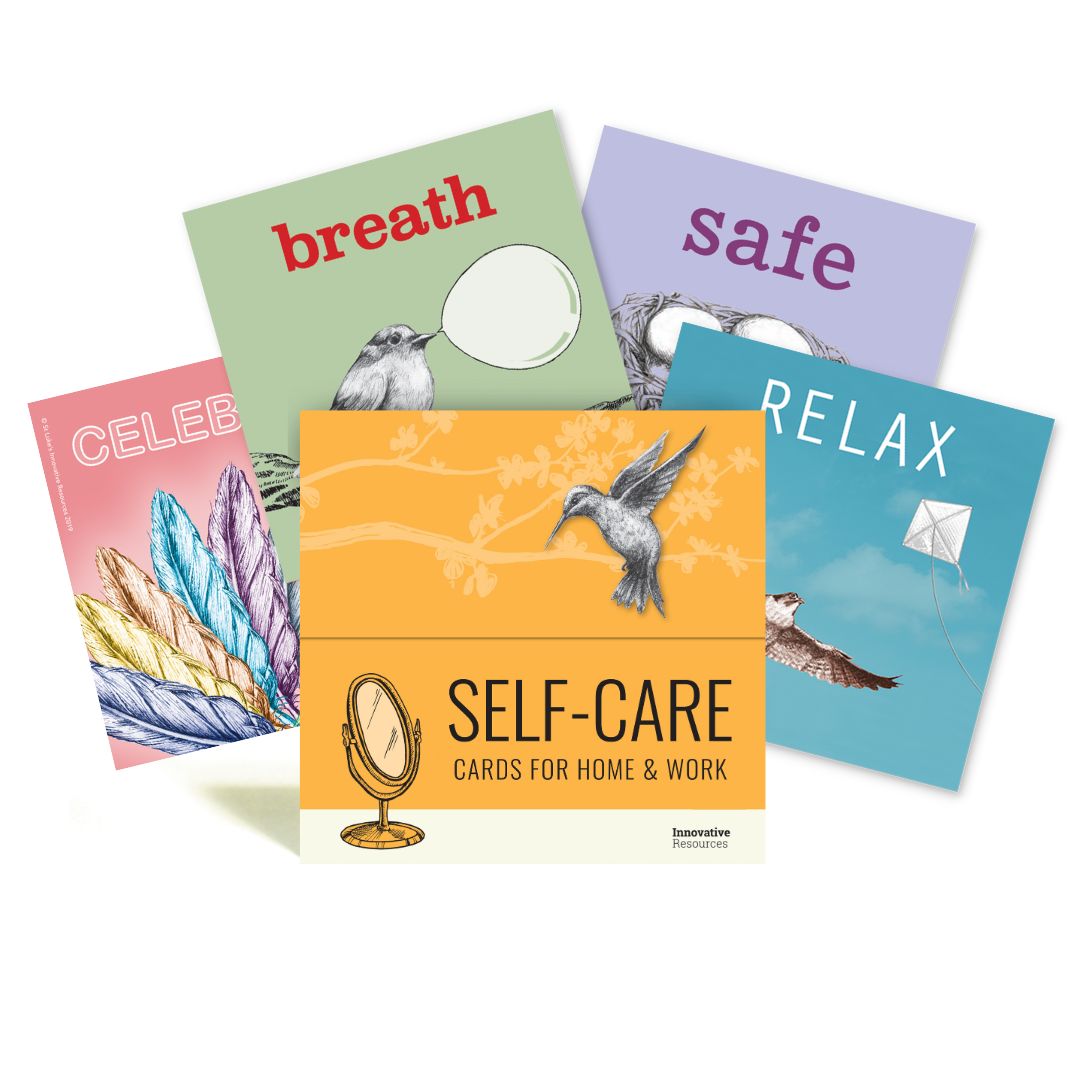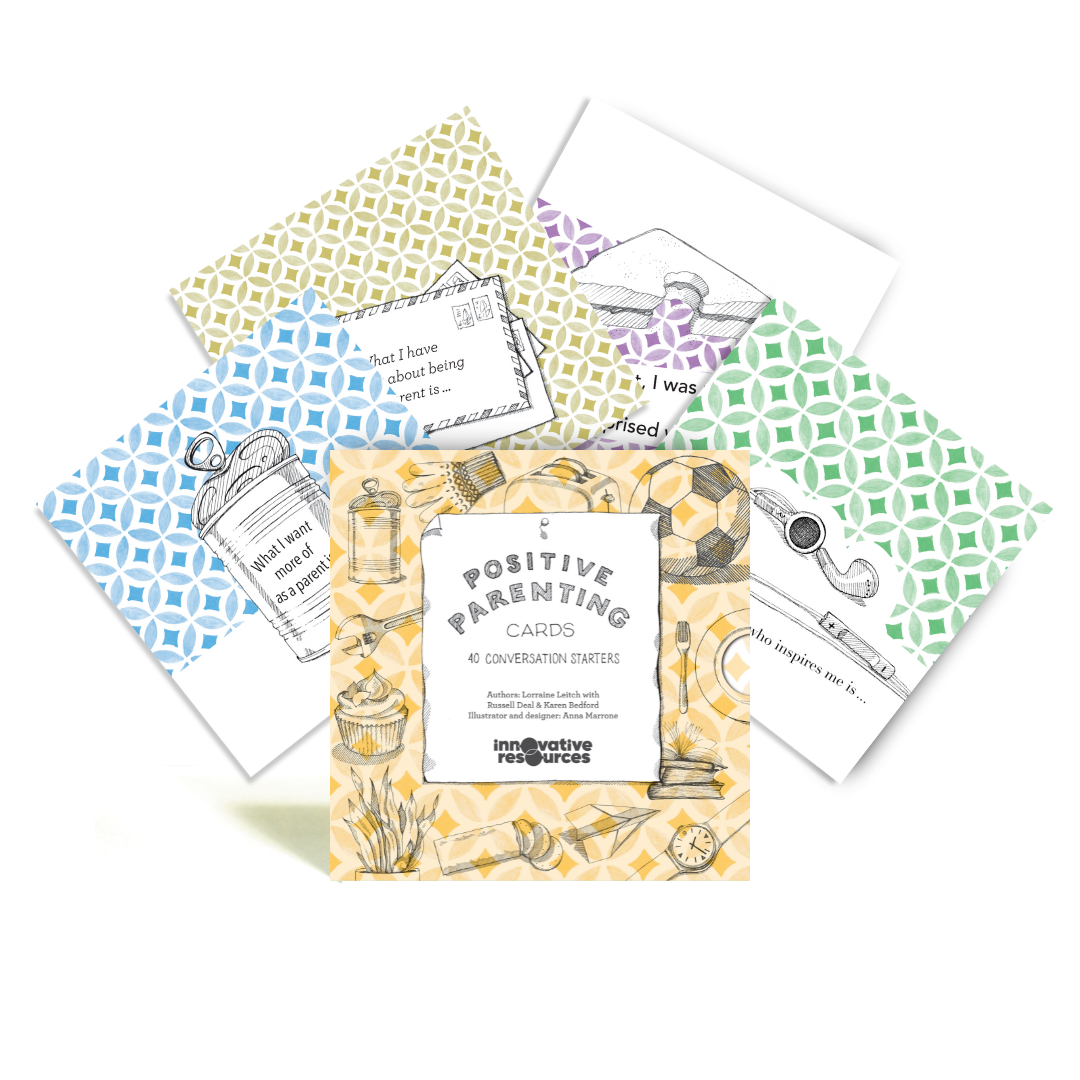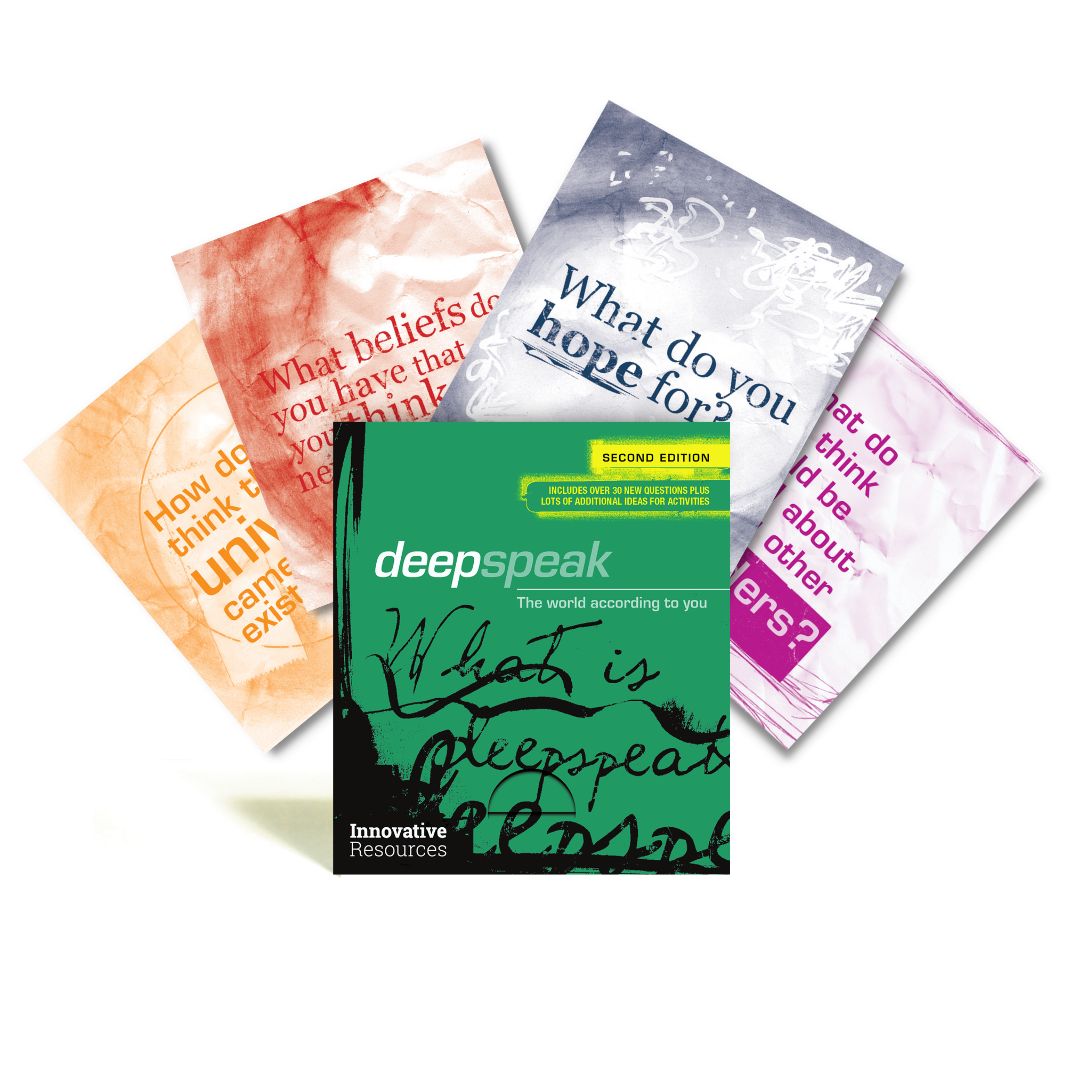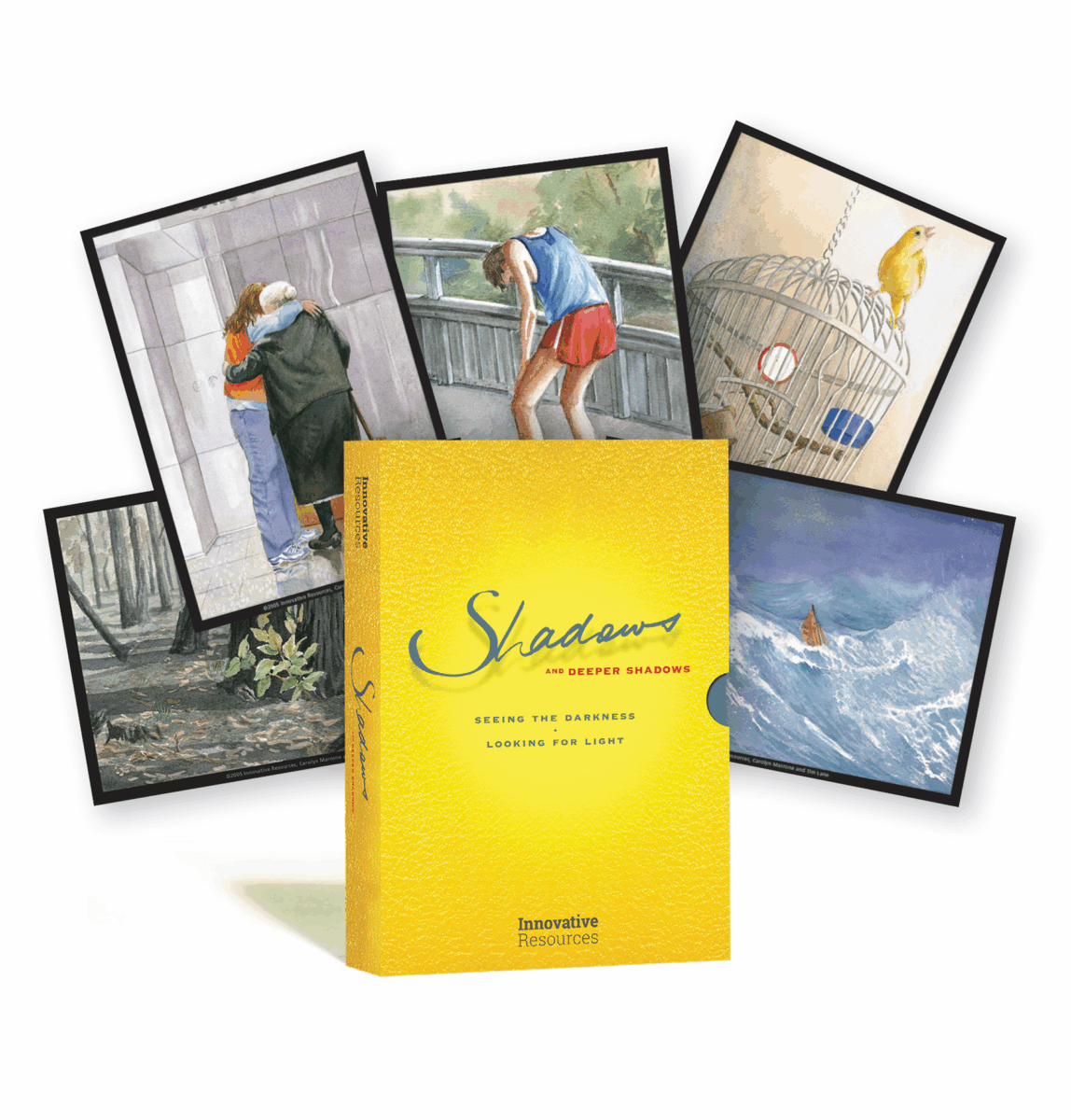



card sets
Signposts
Product Code: 3450
$89.95 inc. GST
for exploring deeper questions around values, beliefs, meaning, and purpose
196 in stock
Product Overview
Our values and beliefs act as an inner compass and provide purpose and direction in our lives. Yet, we often don’t make the time to reflect on them.
Signposts is a set of 48 cards that invite meaningful conversations about spirituality (in all its different forms), connectedness, identity, and transformation, recognising and celebrating the diverse ways people express their beliefs.
This tool is not based on one particular theology or philosophy but draws from a range of religious, mystical, and philosophical traditions. The set offers people a way to reflect on their life’s purpose and turn values into actions.
Each card combines a powerful full-colour photograph with a few simple words to prompt reflection and fuel discussions on things we hold close to our hearts.
This captivating set of cards is an ideal resource for chaplains, psychologists, spiritual care practitioners, creative therapists and social workers. Signposts is also perfect for families looking for a gentle way to discuss values and beliefs with children and young people.
What's Included?
- 48 full-colour cards (140mm x 140mm) in a sturdy folio box
BONUS: Free access to the Signposts Digital Toolbox
- Digital version of the cards and a digital booklet full of ideas for using the cards
- Extra support resources including ideas bank, card hacks and blogs
We are adding and updating the Toolbox content regularly so check in to see what’s new.
To use the digital toolbox, simply create a customer account. All digital products follow our Digital Usage Policy – see Copyright and Digital Usage for details.
How to Use
- For personal reflection: Choose a card at random and make it your theme for the week. What are the possible meanings this card has for you? What are your greatest learnings from this card?
- Deliberate choice: Which cards remind you of a time when: You had a strong sense of fulfilment? You were happiest? You overcame a challenge? You needed courage?
- For journalling: Choose a card at random … make a list of words this card evokes for you. As you reflect on this list, are you able to make any discoveries about why these words sprang to mind? What are the connections/patterns?
- For conversations about beliefs and faith: If you are part of a spiritual tradition, religion or denomination, which Signposts cards are central to this tradition? Do any of the cards surprise you? Do they say something about spirituality that is new to you or that you haven’t thought much about?
For more inspiration, explore our Ideas Bank.
Suitable for
This resource is designed for people working in roles that support others, including:
- Spiritual care practitioners
- Counsellors, psychologists and social workers
- Educators
testimonials
- Discover what makes our products a favourite!



